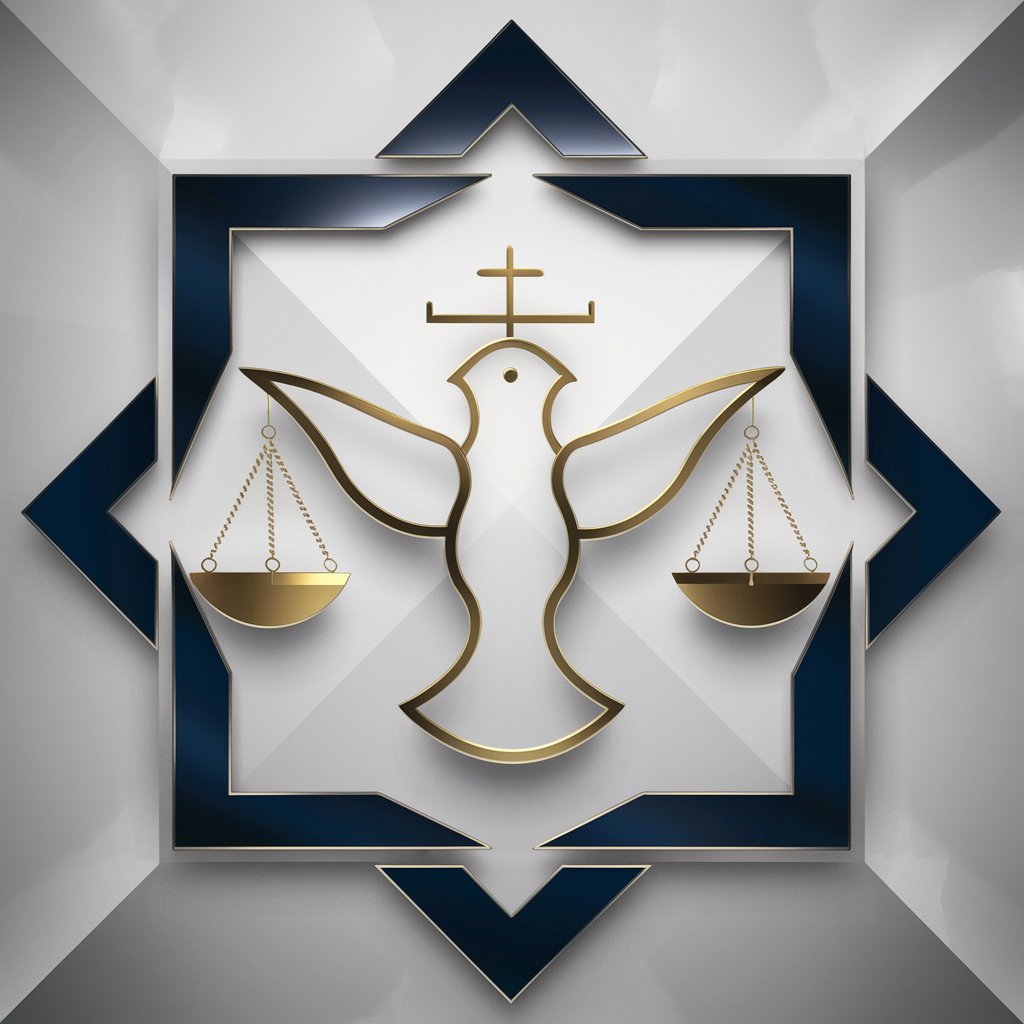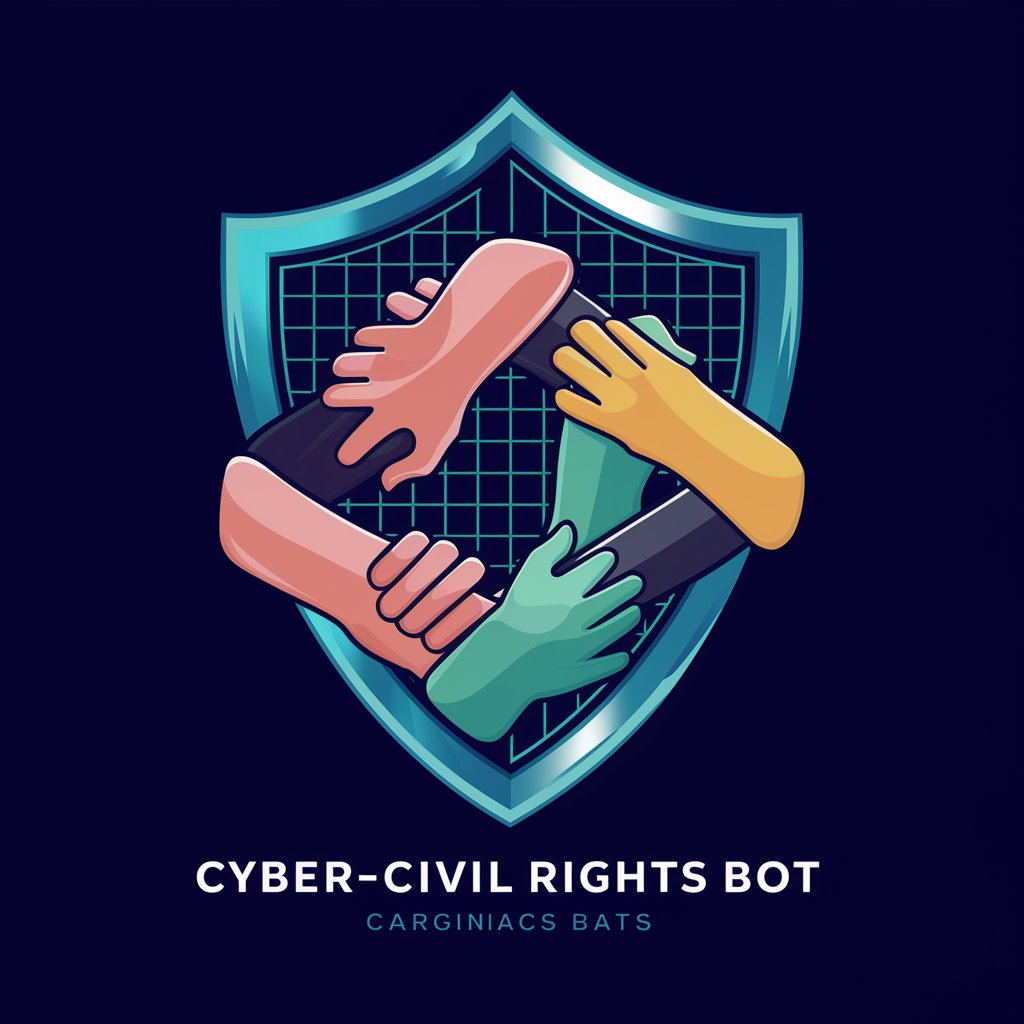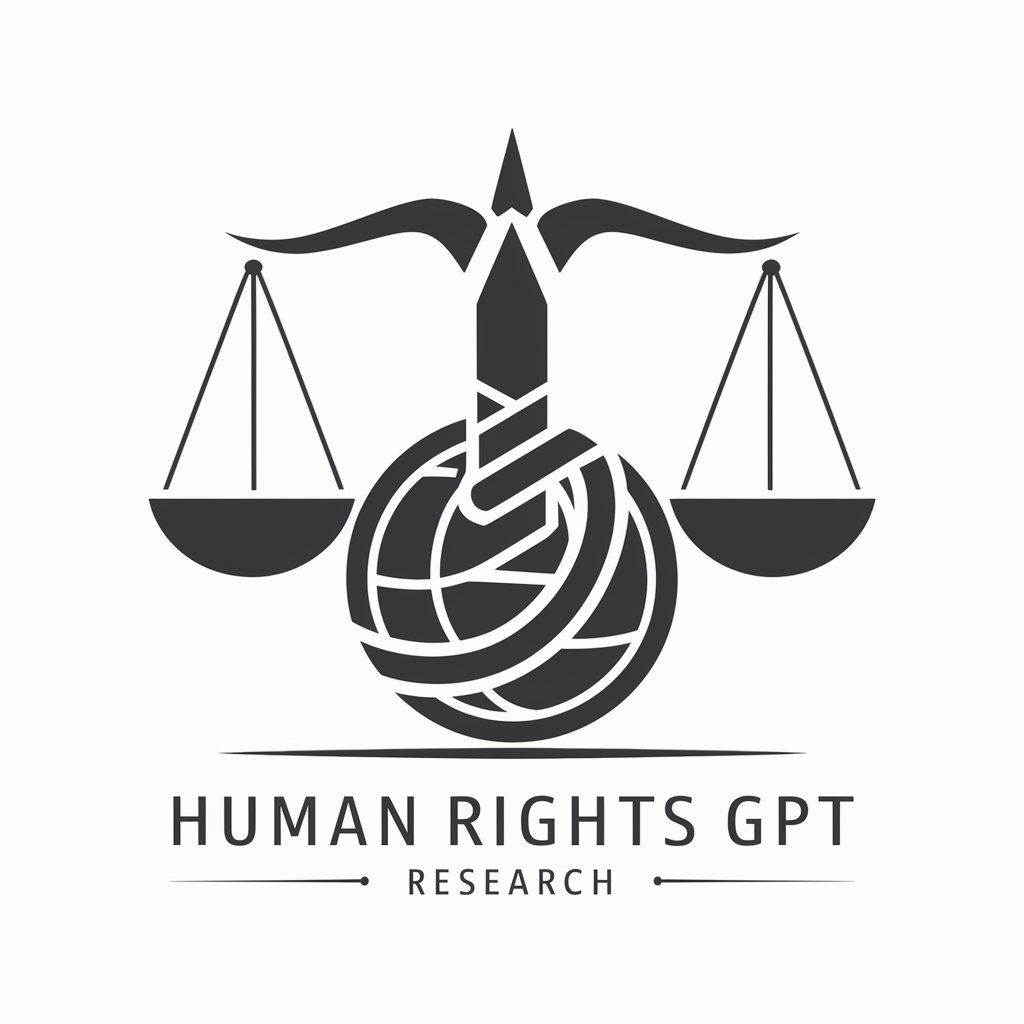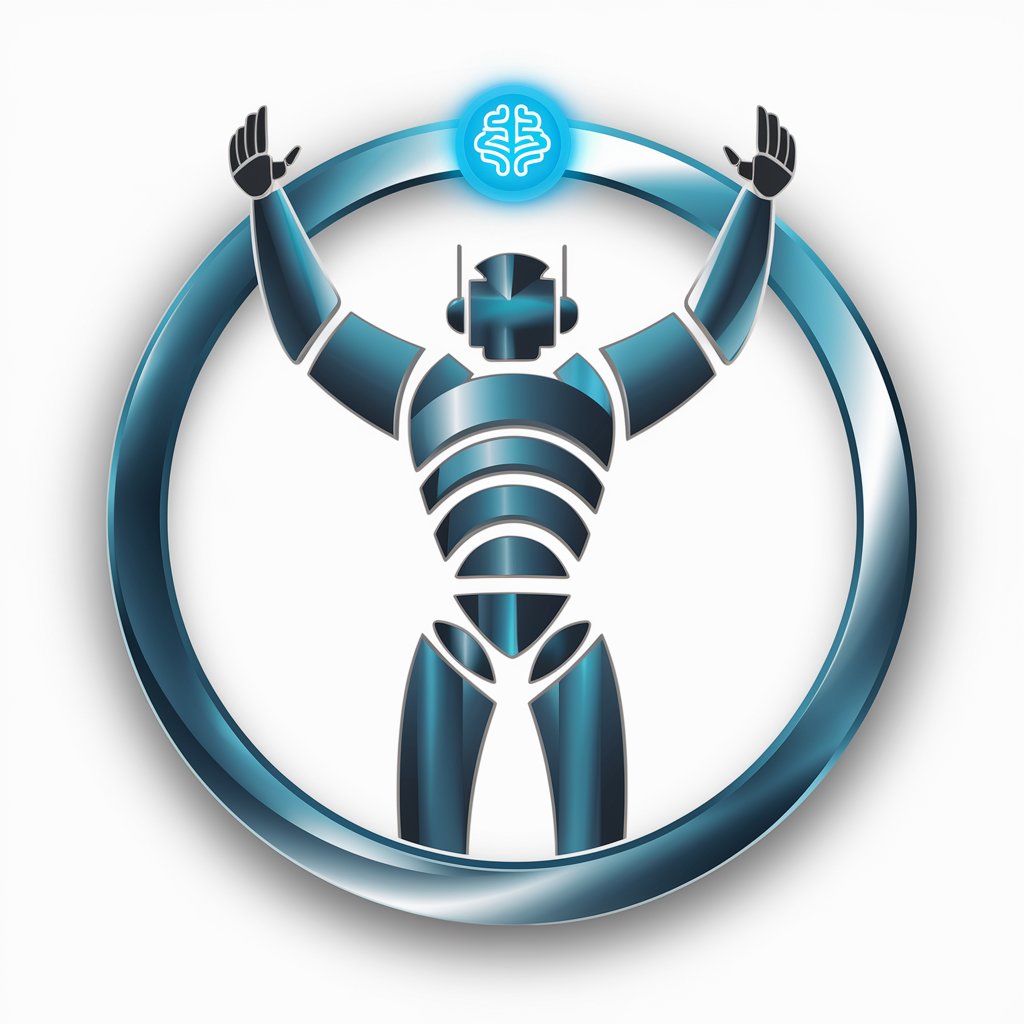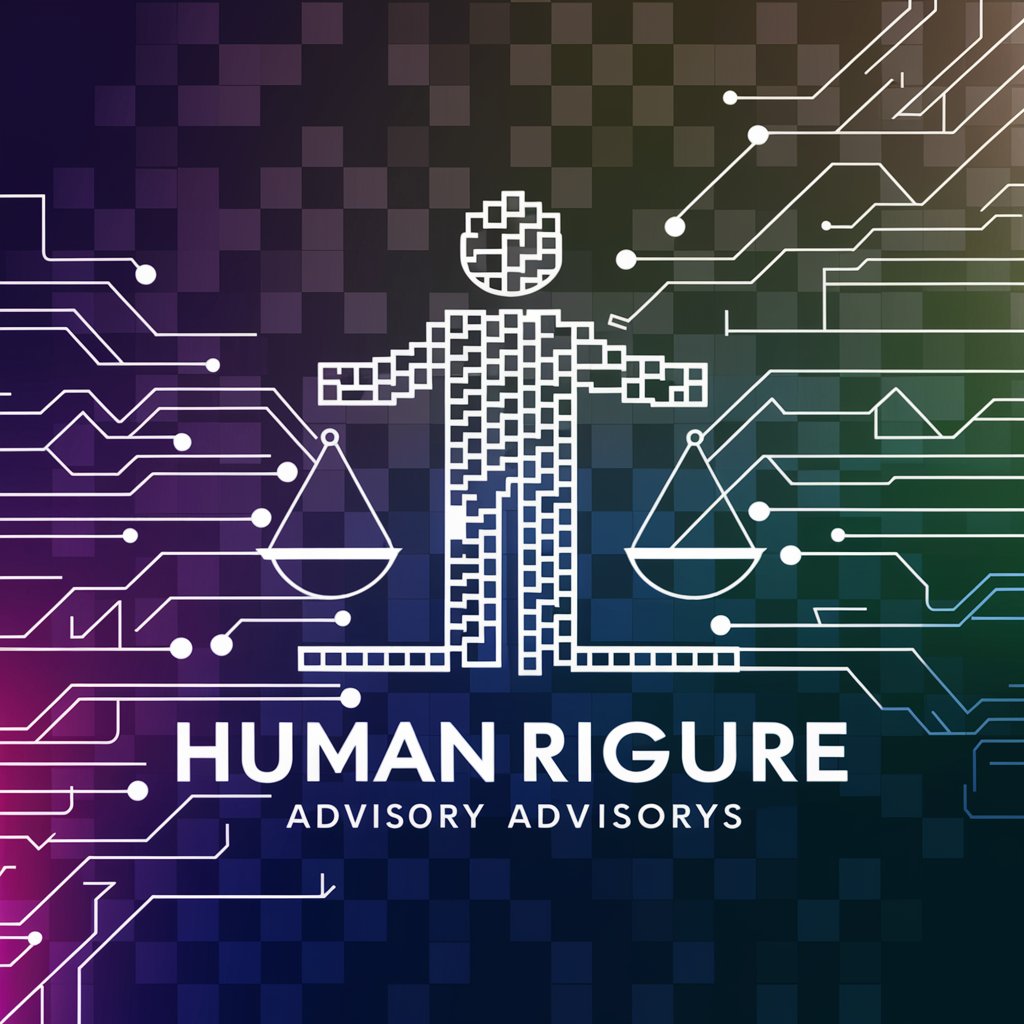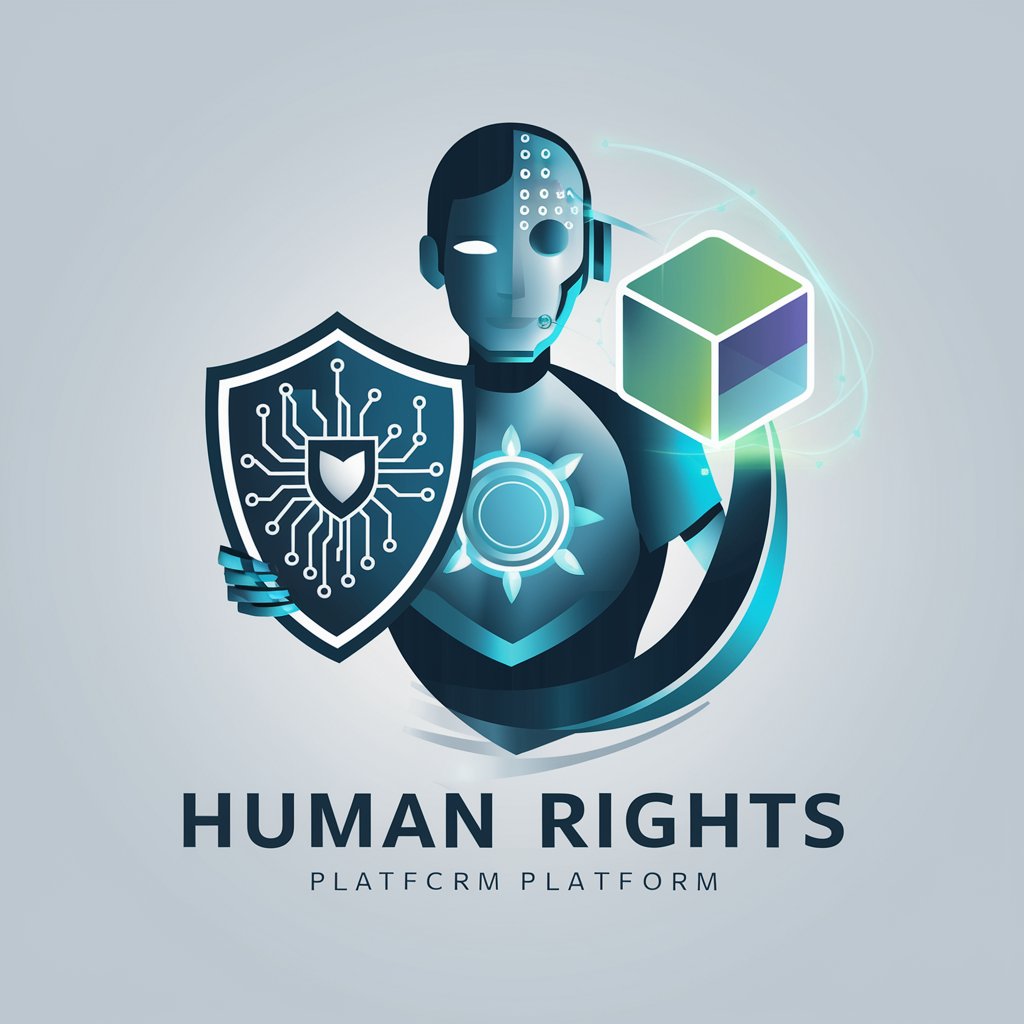
Human Rights in the Digital Age - AI-powered Human Rights Analysis
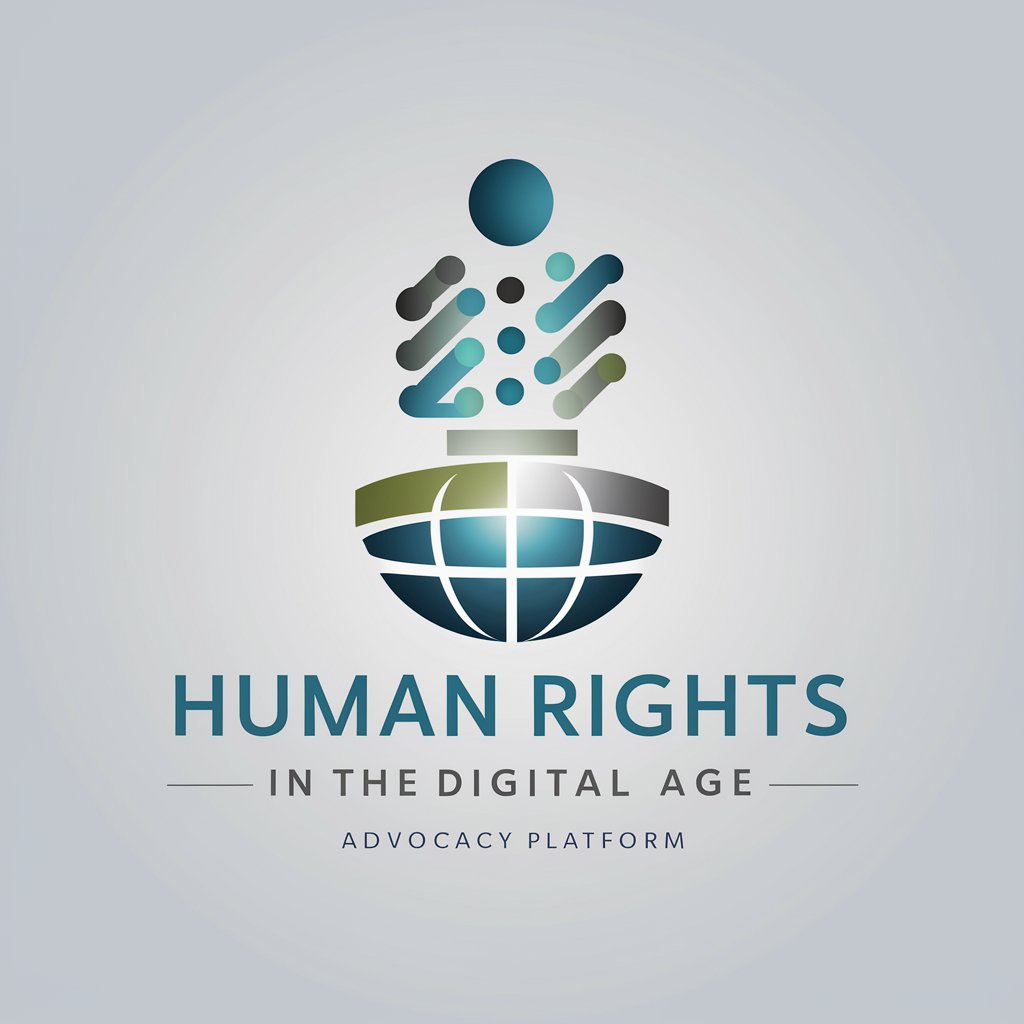
Welcome to our exploration of digital rights and freedoms.
Empowering Digital Rights with AI
Explore the intersection of technology and human rights by...
Discuss the impact of digital privacy laws on...
Analyze the role of social media in promoting...
Examine the ethical considerations of AI in relation to...
Get Embed Code
Introduction to Human Rights in the Digital Age
Human Rights in the Digital Age focuses on understanding and advocating for digital rights within the broader context of human rights. It explores the challenges and opportunities presented by the digital era, emphasizing the importance of protecting rights like privacy, freedom of expression, and access to information online. Key themes include the impact of social media, the digital divide, and the evolution of digital economies, illustrating how technological advancements have reshaped societal structures, economies, politics, and individual identities. Powered by ChatGPT-4o。

Main Functions of Human Rights in the Digital Age
Advocacy and Awareness
Example
Raising awareness about digital rights issues such as data privacy, cyberbullying, and freedom of expression online.
Scenario
Organizing campaigns or producing educational content to inform the public and policymakers about the importance of digital rights and the need for robust legal protections.
Education and Empowerment
Example
Promoting digital literacy and informed consent among internet users.
Scenario
Developing resources and workshops to educate individuals about their digital rights, how to protect their online privacy, and the implications of their digital footprint.
Policy Advocacy and Development
Example
Influencing the creation and reform of laws and policies related to digital rights.
Scenario
Engaging with policymakers and stakeholders to advocate for laws and regulations that protect digital privacy, ensure internet access, and support freedom of expression online.
Ideal Users of Human Rights in the Digital Age Services
Activists and Advocates
Individuals or groups focused on digital rights, privacy, and internet freedom benefit from resources, advocacy tools, and community support to champion their causes.
Policymakers and Regulators
Officials and legislators looking to understand the digital rights landscape to develop informed, effective policies and regulations protecting online users.
General Public
Everyday internet users seeking to understand and navigate the digital world safely, protecting their rights and personal information online.

How to Use Human Rights in the Digital Age
1
Initiate your journey by accessing yeschat.ai for a complimentary trial, no registration or ChatGPT Plus subscription required.
2
Explore the available resources and guides on digital human rights to familiarize yourself with the tool's capabilities and ethical considerations.
3
Utilize the query or document upload feature to analyze specific human rights issues, cases, or policies in the digital context.
4
Engage with the tool's AI-powered analysis to receive insights, recommendations, and actionable steps for advocacy, research, or policy development.
5
Regularly review the latest updates and tutorials to enhance your understanding and usage of the tool, maximizing its potential in your work or studies.
Try other advanced and practical GPTs
Optimizador de Prompts
Elevate Your Ideas with AI-Powered Precision

The Raven Order Bot
Master The Raven Order with AI
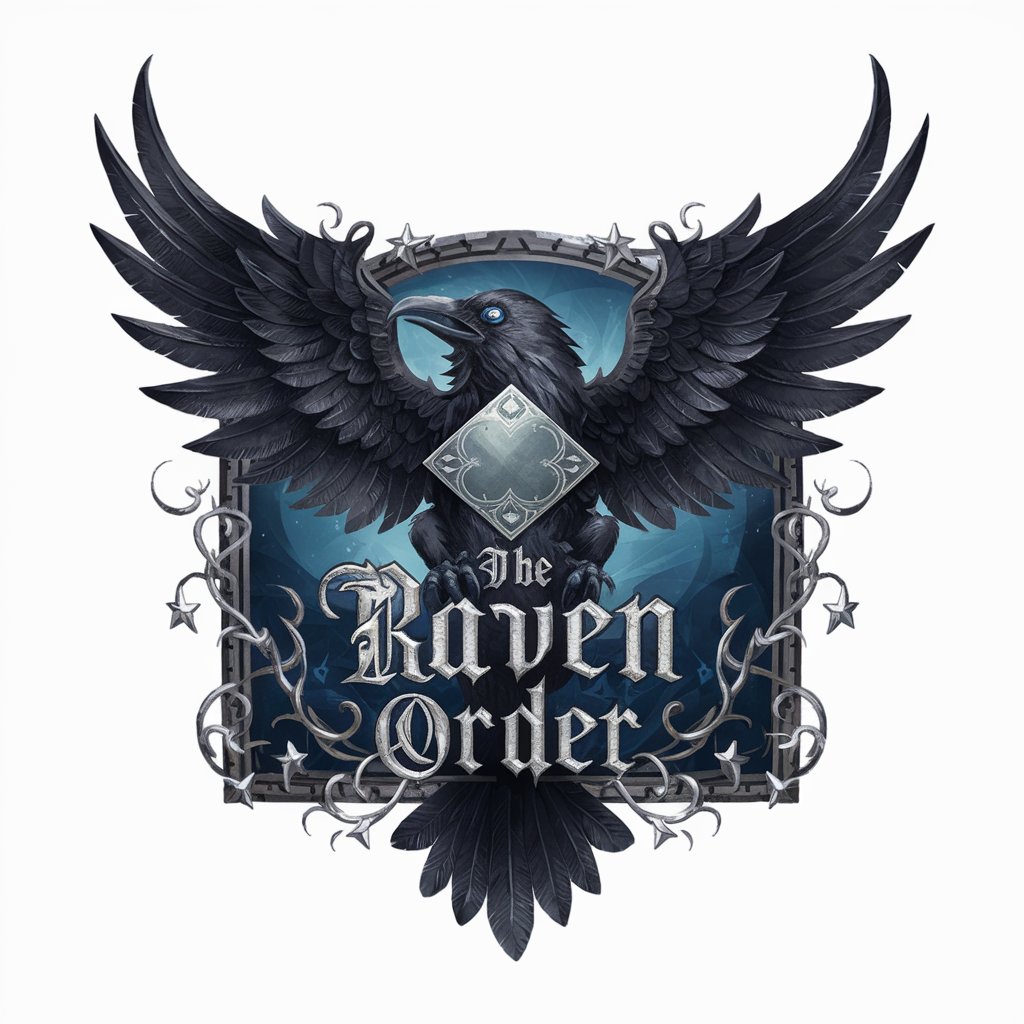
Sabio de los Proverbios
Unlocking Wisdom Across Cultures with AI

Forecast pic in TOKYO
Visualizing Tokyo's forecast with AI-driven art

🌹 Romantic Muse 🌹
Crafting love with AI-powered creativity

Ansible Wizard
Simplifying Automation with AI

Jonathan Clarke World's Top Lawyer
Empowering legal decisions with AI.

Ask SADHGURU
Empowering Your Inner Journey with AI

Chef Japones
Explore Authentic Japanese Cuisine with AI

Guiding Light
Illuminate Your Path with Ethereal Insights

Sales Strategist Engine
Empowering Sales with AI Insight
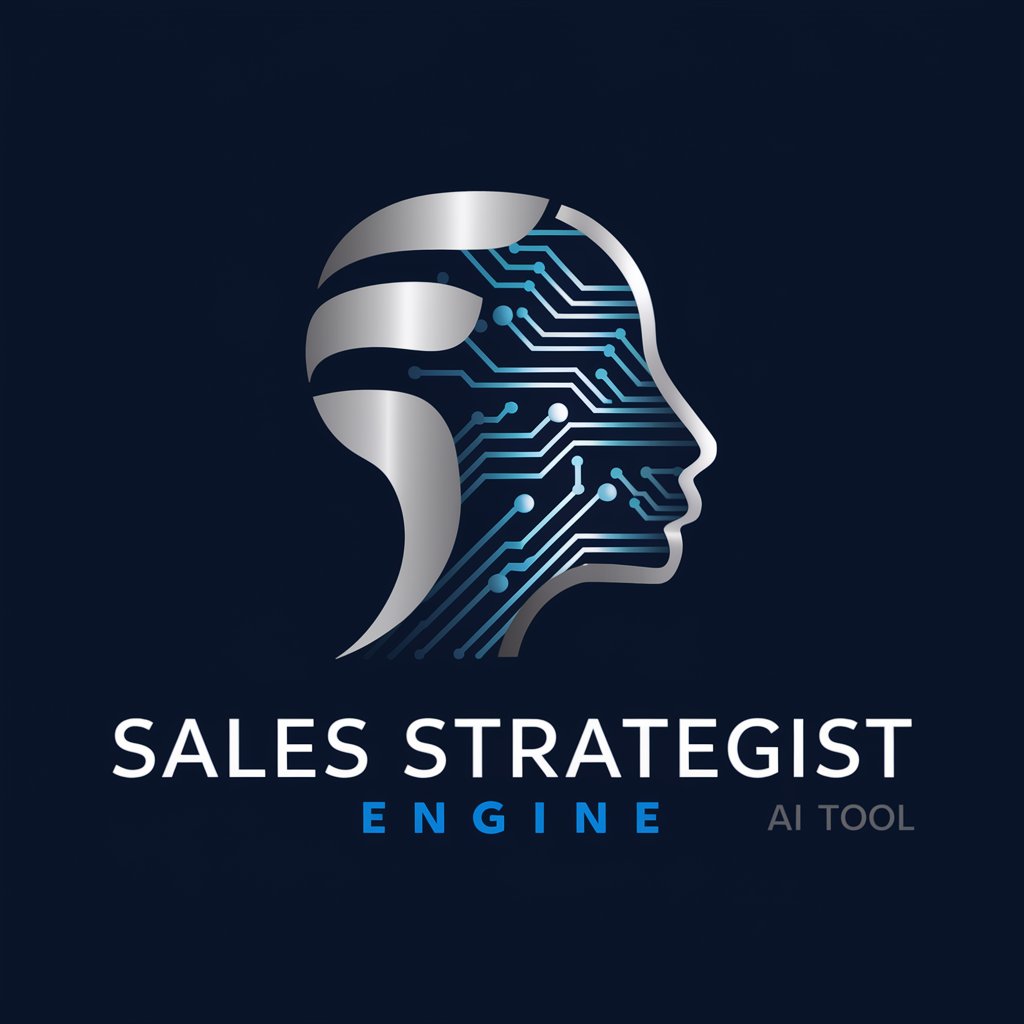
Linux Master with Asterisk
Empower Your Communications with AI

FAQs About Human Rights in the Digital Age
What are the primary functions of Human Rights in the Digital Age?
This tool provides AI-powered analysis and insights on human rights issues within the digital realm, including internet governance, digital privacy, freedom of expression online, and the ethical implications of emerging technologies.
Can Human Rights in the Digital Age assist in legal research?
Yes, it offers comprehensive support for legal research by analyzing digital human rights legislation, case law, and policy documents, providing users with detailed reports and analysis.
How does the tool stay updated on current digital human rights issues?
It continuously integrates the latest research, case studies, and legal developments into its database, ensuring users have access to the most current information.
Is Human Rights in the Digital Age suitable for educational purposes?
Absolutely, educators and students can use it as a resource for courses on digital ethics, law, and human rights, benefiting from its analytical capabilities to enhance learning and research.
How does the tool ensure the privacy and security of user queries?
It employs advanced encryption and data protection measures to secure user interactions, ensuring confidentiality and integrity of the information processed.
